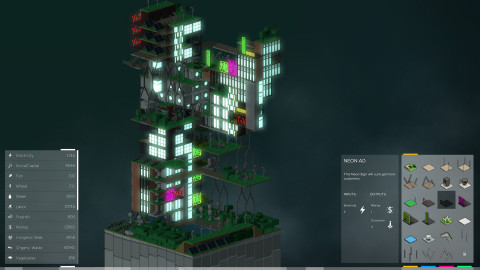
The Sharing Economy isn’t about sharing
Sharing is largely incidental to what has come to be known as the “sharing economy.” It is simply a solution to the larger problem of allocating resources. Let’s say you have a possession—it doesn’t have to be a car or a domicile. Let’s call it a widget. You use it some, but definitely not all of the time. This is silly. You have paid for full-time ownership of the widget yet it sits dormant most of the time. Other people who want to use a widget will buy their own widgets and also use it some of the time. Assuming…

